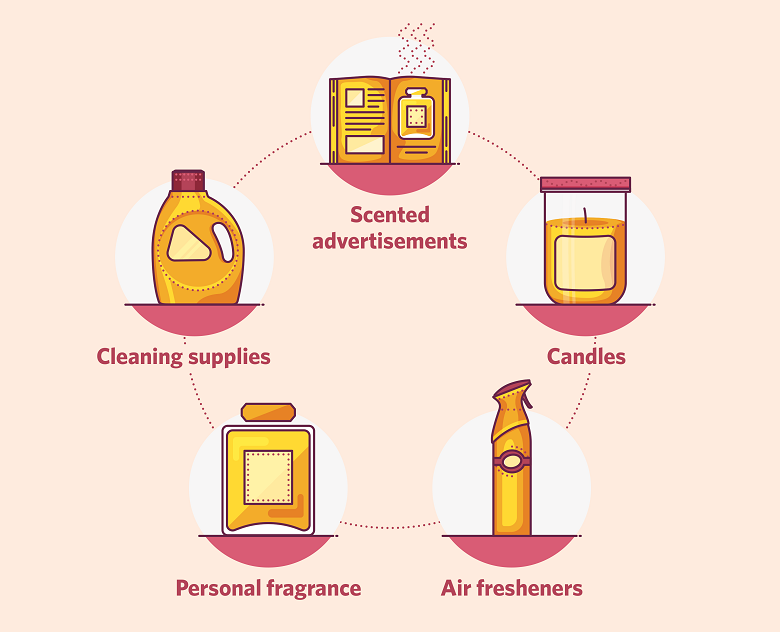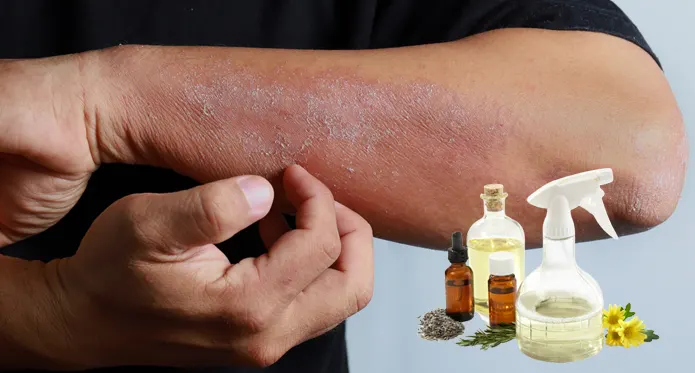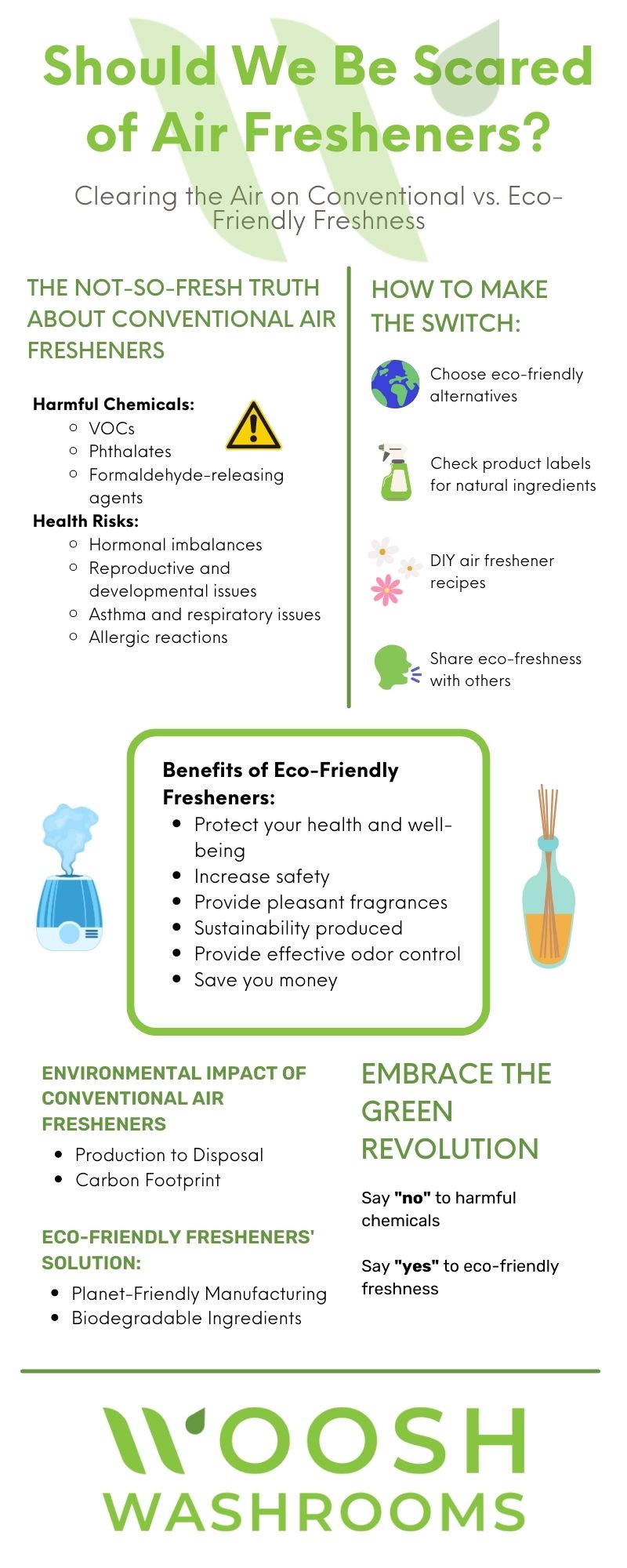Have you ever wondered how to make sure that your air freshener doesn’t trigger allergies? We all love a fresh-smelling home, but for those with allergies, certain scents can be irritating. In this article, we will provide you with some helpful tips on how to choose the right air freshener that won’t cause any discomfort or allergic reactions. So, if you want to enjoy a pleasant scent in your living space without worrying about any unwanted side effects, keep reading!

Choosing the Right Air Freshener
When choosing an air freshener, it is important to consider several factors to ensure it doesn’t irritate your allergies. One option to consider is fragrance-free air fresheners. These products do not contain any added fragrances that can potentially trigger allergies or sensitivities. By opting for fragrance-free options, you can enjoy a fresh and clean atmosphere without worrying about any adverse reactions.
Another important aspect to look for in an air freshener is whether it is hypoallergenic. Hypoallergenic products are specifically designed to minimize the risk of causing allergic reactions. They are formulated with ingredients that are less likely to trigger allergies, making them a safer choice for individuals with sensitivities. By opting for hypoallergenic air fresheners, you can enjoy a pleasant scent without worrying about any discomfort or irritation.
Checking for natural or organic ingredients is another crucial step in choosing an air freshener that won’t irritate allergies. Natural or organic air fresheners are made from plant-based ingredients and are free from harsh chemicals and synthetic fragrances. These alternatives are gentler on the respiratory system and are less likely to cause allergic reactions. By opting for natural or organic air fresheners, you can create a soothing environment without compromising your health.
It is also important to avoid air fresheners that contain volatile organic compounds (VOCs). VOCs are chemicals that can be released into the air, potentially leading to respiratory irritation and allergic reactions. By examining the product label and avoiding air fresheners with VOCs, you can ensure that the air in your home remains fresh and healthy.
Furthermore, reading customer reviews and testimonials can provide valuable insights when choosing an air freshener. Hearing about the experiences of others who have used the product can help you make an informed decision. Look for feedback from individuals who have allergies or sensitivities similar to yours, as their experiences can give you a better understanding of how the air freshener might affect you. By taking the time to research and read reviews, you can significantly reduce the risk of choosing an air freshener that may irritate your allergies.
Testing the Air Freshener
Before fully incorporating an air freshener into your living space, it is essential to perform a patch test. A patch test involves applying a small amount of the air freshener to a small area of your skin, such as the inner forearm, and observing any immediate reactions. This test can help you determine if the air freshener has the potential to cause skin irritation or allergic reactions.
In addition to immediate reactions, it is important to also monitor for delayed allergic reactions. Some allergic reactions may not appear immediately and can develop over time. By keeping a record of any symptoms that arise after using the air freshener, you can identify any potential triggers and take appropriate measures to alleviate your allergies.
Experience Freshness Today – Shop Now!
Placement and Ventilation
To ensure that the air freshener doesn’t irritate allergies, it is essential to consider its placement and ventilation. Avoid placing air fresheners near individuals with known allergies, as the fragrance or particles released by the air freshener may trigger their symptoms. By keeping the air freshener away from those who are sensitive, you can prevent any potential allergic reactions.
Strategic positioning of air fresheners in well-ventilated areas is also important. Good ventilation allows for the dispersal of any chemicals or fragrances in the air, reducing the concentration and potential for irritation. By placing air fresheners in areas with good air circulation, such as near open windows or fans, you can minimize the risk of allergies being triggered.
Using air purifiers or filters in conjunction with air fresheners can also contribute to maintaining clean and allergen-free indoor air. Air purifiers are designed to remove pollutants, allergens, and odors from the air, improving overall air quality. By combining the use of air purifiers with air fresheners, you can enjoy a fresh-smelling environment while minimizing the risk of allergy symptoms.
Alternatives to Traditional Air Fresheners
If you are concerned about potential allergic reactions from traditional air fresheners, there are several alternative options to consider. Natural options such as essential oils and diffusers can provide a pleasant scent without the use of potentially irritating chemicals. Essential oils derived from plants can be diffused into the air using diffusers, creating a calming and aromatic atmosphere.
Activated charcoal and baking soda are other alternatives that can help eliminate odors without causing allergies. Both substances have natural odor-absorbing properties and can be placed in strategic locations around the house to neutralize unpleasant smells. They are also a safer option for individuals with allergies or sensitivities.
Houseplants can also serve as natural air purifiers. Certain plants, such as peace lilies and snake plants, have the ability to filter out toxins from the air, improving indoor air quality. Incorporating these plants into your living space can help eliminate odors and allergens, creating a healthier environment.
Ventilation techniques, such as opening windows or using fans, can also be employed to eliminate odors naturally. By letting fresh air circulate throughout your home, you can reduce the reliance on air fresheners and minimize the risk of allergic reactions.

Transform Your Space with Nelyas – Order Yours!
Maintaining Clean Indoor Air
Maintaining clean indoor air is crucial for individuals with allergies. Regularly cleaning your living space, including dusting and vacuuming, can help remove allergens and irritants. Pay extra attention to areas where dust and pet dander can accumulate, such as carpets, upholstery, and curtains. Opting for allergen-proof covers for mattresses and pillows can also reduce exposure to allergens while you sleep.
Addressing the source of odors is another important step in maintaining clean indoor air. Identifying and eliminating the root cause of unpleasant smells, such as mold, mildew, or pet odors, can prevent the need for excessive air freshener use. By addressing these underlying issues, you can create a fresh and healthy environment without relying solely on air fresheners.
Controlling humidity levels is also essential for maintaining clean indoor air. High humidity can promote the growth of mold and dust mites, both of which can trigger allergies. Use dehumidifiers or air conditioners to keep humidity levels between 30% and 50% to minimize the risk of mold growth.
Ensuring proper ventilation throughout your home is another key factor in maintaining clean indoor air. Good airflow helps prevent the accumulation of stale and polluted air, reducing the need for air fresheners. Open windows, use exhaust fans, or install ventilation systems to promote continuous fresh air circulation.
Consulting with Allergy Specialists
If allergies continue to be a concern despite taking preventative measures, it may be beneficial to seek advice from allergists or immunologists. These specialists can provide valuable insights into your specific allergies and recommend personalized solutions. They can conduct tests to identify specific allergens that may be triggering your symptoms and provide guidance on managing or avoiding them. Consultation with an allergy specialist can help you gain a better understanding of your allergies and ensure that you are taking the right steps to minimize their impact on your daily life.

Elevate Your Environment with Scenting Hawaii – Buy Now!
Tips for Individuals with Allergies
In addition to the steps mentioned above, there are some additional tips that can help individuals with allergies minimize their exposure to allergens and maintain a comfortable environment.
Identifying personal triggers is an important first step. By understanding what specific substances or allergens cause your symptoms to flare up, you can take appropriate measures to avoid them. Keep track of your symptoms and possible triggers to identify patterns and make informed decisions about your environment.
During high pollen seasons, it is advisable to keep windows closed to prevent pollen from entering your home. Using air purifiers with HEPA filters can also help remove pollen and other allergens from the air, allowing you to breathe easier inside.
Creating a comfortable and allergen-free environment is essential for individuals with allergies. Minimize the presence of potential allergens such as dust mites, pet dander, and pollen. Regularly clean your living space, use allergen-proof bedding, and minimize the use of carpets and drapes that can trap allergens.
Practicing good hygiene can also help alleviate allergies. Regularly washing bedding, vacuuming floors, and dusting surfaces can help reduce allergen levels. Additionally, frequently washing your hands and avoiding touching your face can help prevent allergens from being transferred to your airways.
If allergies continue to significantly affect your quality of life despite taking preventative measures, allergy shots or medication may be necessary. Consult with your healthcare provider to discuss the available treatment options and determine the best course of action for managing your allergies.
Air Freshener Safety Precautions
To ensure the safe use of air fresheners, it is important to follow instructions and recommended usage. Each product comes with specific guidelines, including the suggested amount to use and how often to refresh the scent. By adhering to these instructions, you can optimize the effectiveness of the air freshener while minimizing any potential risks.
Keep air fresheners out of reach of children and pets to prevent accidental ingestion or exposure. Some air fresheners may contain ingredients that can be harmful if ingested or cause skin irritation. Placing the air freshener in a location that is inaccessible to young children and pets is an important safety precaution.
Dispose of empty cans or bottles properly to prevent any accidental spills or leaks. Follow local waste disposal regulations and ensure that the air freshener is disposed of in an appropriate manner. This will help protect the environment and prevent any potential harm.
Avoid using multiple air fresheners at once, especially in small or poorly ventilated spaces. The cumulative effect of multiple air fresheners can lead to an overwhelming scent and potentially cause respiratory irritation or allergic reactions. Using a single air freshener in a well-ventilated area is generally sufficient to achieve the desired fragrance without overwhelming the senses.
Monitor for any adverse effects while using air fresheners. Pay attention to any changes in your symptoms or the onset of any new symptoms that may arise. If you notice any adverse reactions, such as difficulty breathing, coughing, or skin irritation, discontinue the use of the air freshener immediately and consult with a healthcare professional.

Discover the Magic of Scenting Hawaiian Breeze – Shop Here!
Additional Resources
For further information on allergies and air quality, consider referring to the Allergy and Asthma Foundation of America (AAFA), the Environmental Protection Agency (EPA), and the American Academy of Allergy, Asthma & Immunology (AAAAI). These organizations provide valuable resources, guides, and articles related to allergies, air quality, and general health. Their websites can be a helpful source of information to expand your knowledge on managing allergies and maintaining a healthy living space.
In conclusion, choosing the right air freshener and taking proper precautions can help prevent allergies from being irritated. By considering fragrance-free, hypoallergenic, and natural options, avoiding air fresheners with VOCs, and reading customer reviews, you can select an air freshener that suits your needs. Testing the air freshener with a patch test and monitoring for any reactions is essential. Proper placement and ventilation, along with the use of alternatives to traditional air fresheners, can further contribute to minimizing allergies. Maintaining clean indoor air, consulting with allergy specialists, and following safety precautions are all important steps in ensuring the air freshener doesn’t irritate allergies. By implementing these measures and incorporating practical tips for individuals with allergies, you can create a comfortable and allergen-free environment in your home.

